Dr Konstancja Duff’s long road to justice for ‘dehumanising’ police strip-search
Met says sorry for ‘sexist, derogatory and unacceptable’ language used by officers

A free daily email with the biggest news stories of the day – and the best features from TheWeek.com
You are now subscribed
Your newsletter sign-up was successful
The Metropolitan Police has publicly apologised for the verbal abuse of an academic during a strip search almost a decade ago that she claims left her with multiple injuries and post-traumatic stress disorder.
The force admitted that officers used “sexist, derogatory and unacceptable language” about Dr Konstancja Duff following her arrest for obstruction in May 2013. Duff, now an assistant professor of philosophy at the University of Nottingham, was detained after trying to hand a “know your rights” legal advice card to a black teenager caught in a stop-and-search sweep.
Duff, then 24, was taken to Stoke Newington Police Station in north London, where she was carried to a cell and bound before three female officers cut off her clothes with scissors and ripped out her ear piercings.
The Week
Escape your echo chamber. Get the facts behind the news, plus analysis from multiple perspectives.

Sign up for The Week's Free Newsletters
From our morning news briefing to a weekly Good News Newsletter, get the best of The Week delivered directly to your inbox.
From our morning news briefing to a weekly Good News Newsletter, get the best of The Week delivered directly to your inbox.
‘Three officers on top of me’
Duff has described how she was stripped completely naked, despite police guidelines stating that suspects should not be required to remove all of their clothes at the same time. She said that the officers “grabbed” her breasts and touched her genitals, claiming they were looking for genital piercings.
“It was three officers on top of me but it felt like it was more because they were kneeling on me with their full weight and they were all over me,” she told the BBC in 2018.
In comments caught on CCTV footage following the strip search, a male officer inspecting Duff’s possessions in the station reception asked: “Sorry, sorry, what’s that smell?” Another male officer replied: “Oh, it’s her knickers, yeah?”
“Is she rank?” asked a female officer. “She is, her clothes stink,” a male officer answered.
A free daily email with the biggest news stories of the day – and the best features from TheWeek.com
The video footage – published by The Guardian this week – also showed Sgt Kurtis Howard, who was in charge of the station custody area, telling officers to demonstrate to Duff that her “resistance is futile”, to search her “by any means necessary” and to “treat her like a terrorist”.
“It was really clear that they were trying to humiliate me,” Duff, who only gained access to the footage last year, told BBC Radio 4’s Women’s Hour on Tuesday. “It was really dehumanising language… it does give a kind of peephole into a culture of misogyny and immaturity.”
Injuries and derailed degree
Duff was a final-year master’s student in piano performance at the Royal College of Music when she was arrested, but “says her injuries meant she could not practise for her recital and had to postpone the completion of the master’s until the following year”, said the BBC.
These injuries reportedly included cuts and bruises on her arms, a 5in cut on her collarbone and ear pain where a piercing was removed. Duff said she also suffered post-traumatic stress disorder (PTSD) and had “intrusive thoughts about the strip search [which] often brought on panic attacks” for months afterwards.
Duff was later charged with two counts of assaulting a police officer and one charge of obstructing a police officer, but was acquitted of all charges following a trial. However, the police watchdog (then known as the Independent Police Complaints Commission, or IPCC) did not uphold her complaint of wrongful arrest.
Legal battle begins
Following her acquittal, Duff made a formal complaint about her treatment. But it was only when she sought a judicial review against the IPCC’s decision that custody sergeant Howard was put before a disciplinary panel.
Howard faced a misconduct hearing in August 2018 over alleged breaches of the Met’s standards of “professional behaviour in respect of authority, respect and courtesy, orders and instructions, and discreditable conduct”, Metro reported at the time.
But he was cleared of gross misconduct by the panel without having to give evidence. Halfway through the hearing, the panel decided that he had no case to answer.
Misconduct hearing ‘sham’
Following the verdict, Duff told The Guardian that she had stood up at the hearing and accused the panel of “endorsing the commonplace use of repressive and violating tactics like strip searching to punish and intimidate anyone who does not simply go along with being treated unjustly by police”.
Duff told the BBC that the misconduct hearing was a “sham”, adding: “I feel we are dealing with a real culture of impunity that needs to be challenged.”
The Met said in a statement to the broadcaster that Howard had “made several attempts to respectfully engage with the complainant, all of which were caught on CCTV”, and that he had “reasonable grounds” to authorise the strip search.
Civil claim settled
Duff made a civil claim against the force, which was paid for through crowdfunding. “The costs of a civil action against the police are prohibitive,” she wrote in an article published this week on left-wing site Novara Media. “In my case, the insurance payments alone required a crowdfund to raise £7,560.”
Duff said that the claim was settled by the Met in October 2021, and that “I received £6,000 in compensation and an apology”. But “I don’t believe a word of it”, she added.
After the claim was concluded, allegations of misconduct relating to the officers’ comments were referred to the Directorate of Professional Standards – the body responsible for investigating complaints against the professional conduct of police officers.
The Met also made a voluntary referral to the Independent Office for Police Conduct (IOPC), the watchdog that has replaced the IPCC.
CCTV footage revealed
The Met apologised to Duff once again this week after The Guardian published clips from the CCTV footage, which was acquired by Duff last year as part of her civil action.
In a statement to Duff, Inspector Andy O'Donnell of the Directorate of Professional Standards said he “sincerely and unreservedly” apologised “for the sexist, derogatory and unacceptable language used about yourself and for any upset and distress this may have caused”.
He added: “I hope that settlement of this claim and this recognition of the impact of what happened that day will enable you to put this incident behind you.”
Duff said it was “really striking” that the Met had apologised only for the language used by the officers. “They apologised because they got called out for using embarrassing language, but they didn’t apologise for violently stripping me naked,” she told Women’s Hour.
“At every stage, they have used false accusations to discredit me,” she said, adding: “I just feel like I’ve been on trial for eight years.”
The publication of the CCTV footage followed what The Times’ crime correspondent John Simpson described as “a string of scandals for the Met”. High-profile cases including the murder of Sarah Everard by a serving firearms officer, and the gross misconduct of two officers who shared photos of two murdered sisters, have highlighted “deep-seated cultural problems” in the force, Simpson wrote.
A Met investigation into Duff’s allegations of misconduct is ongoing.
Kate Samuelson is The Week's former newsletter editor. She was also a regular guest on award-winning podcast The Week Unwrapped. Kate's career as a journalist began on the MailOnline graduate training scheme, which involved stints as a reporter at the South West News Service's office in Cambridge and the Liverpool Echo. She moved from MailOnline to Time magazine's satellite office in London, where she covered current affairs and culture for both the print mag and website. Before joining The Week, Kate worked at ActionAid UK, where she led the planning and delivery of all content gathering trips, from Bangladesh to Brazil. She is passionate about women's rights and using her skills as a journalist to highlight underrepresented communities. Alongside her staff roles, Kate has written for various magazines and newspapers including Stylist, Metro.co.uk, The Guardian and the i news site. She is also the founder and editor of Cheapskate London, an award-winning weekly newsletter that curates the best free events with the aim of making the capital more accessible.
-
 Political cartoons for February 16
Political cartoons for February 16Cartoons Monday’s political cartoons include President's Day, a valentine from the Epstein files, and more
-
 Regent Hong Kong: a tranquil haven with a prime waterfront spot
Regent Hong Kong: a tranquil haven with a prime waterfront spotThe Week Recommends The trendy hotel recently underwent an extensive two-year revamp
-
 The problem with diagnosing profound autism
The problem with diagnosing profound autismThe Explainer Experts are reconsidering the idea of autism as a spectrum, which could impact diagnoses and policy making for the condition
-
 How the ‘British FBI’ will work
How the ‘British FBI’ will workThe Explainer New National Police Service to focus on fighting terrorism, fraud and organised crime, freeing up local forces to tackle everyday offences
-
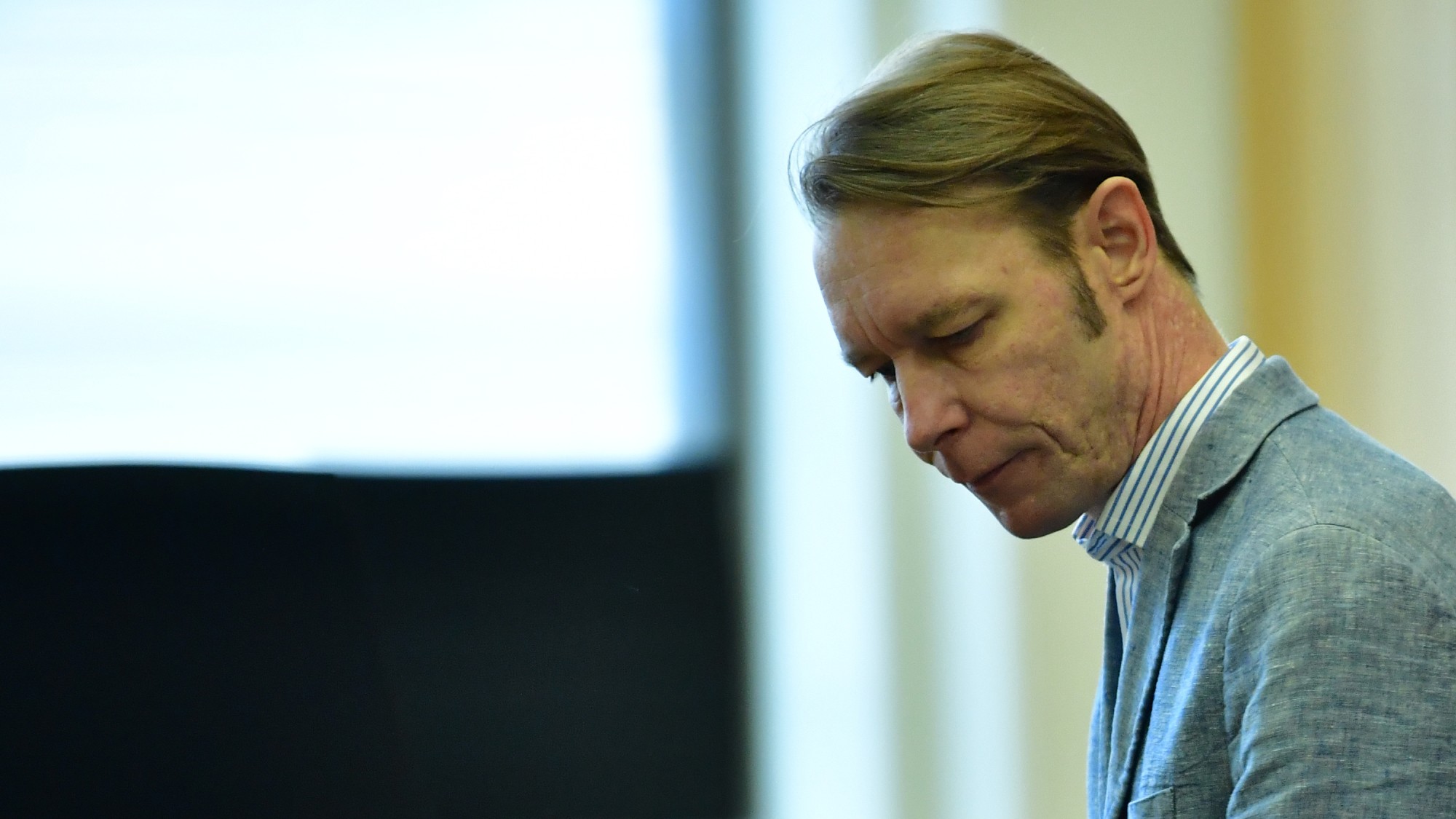 Christian Brückner: why prime suspect in Madeleine McCann case can refuse Met interview
Christian Brückner: why prime suspect in Madeleine McCann case can refuse Met interviewThe Explainer International letter of request rejected by 49-year-old convicted rapist as he prepares to walk free
-
 What to do if your phone is stolen
What to do if your phone is stolenThe Explainer An average of 180 phones is stolen every day in London, the 'phone-snatching capital of Europe'
-
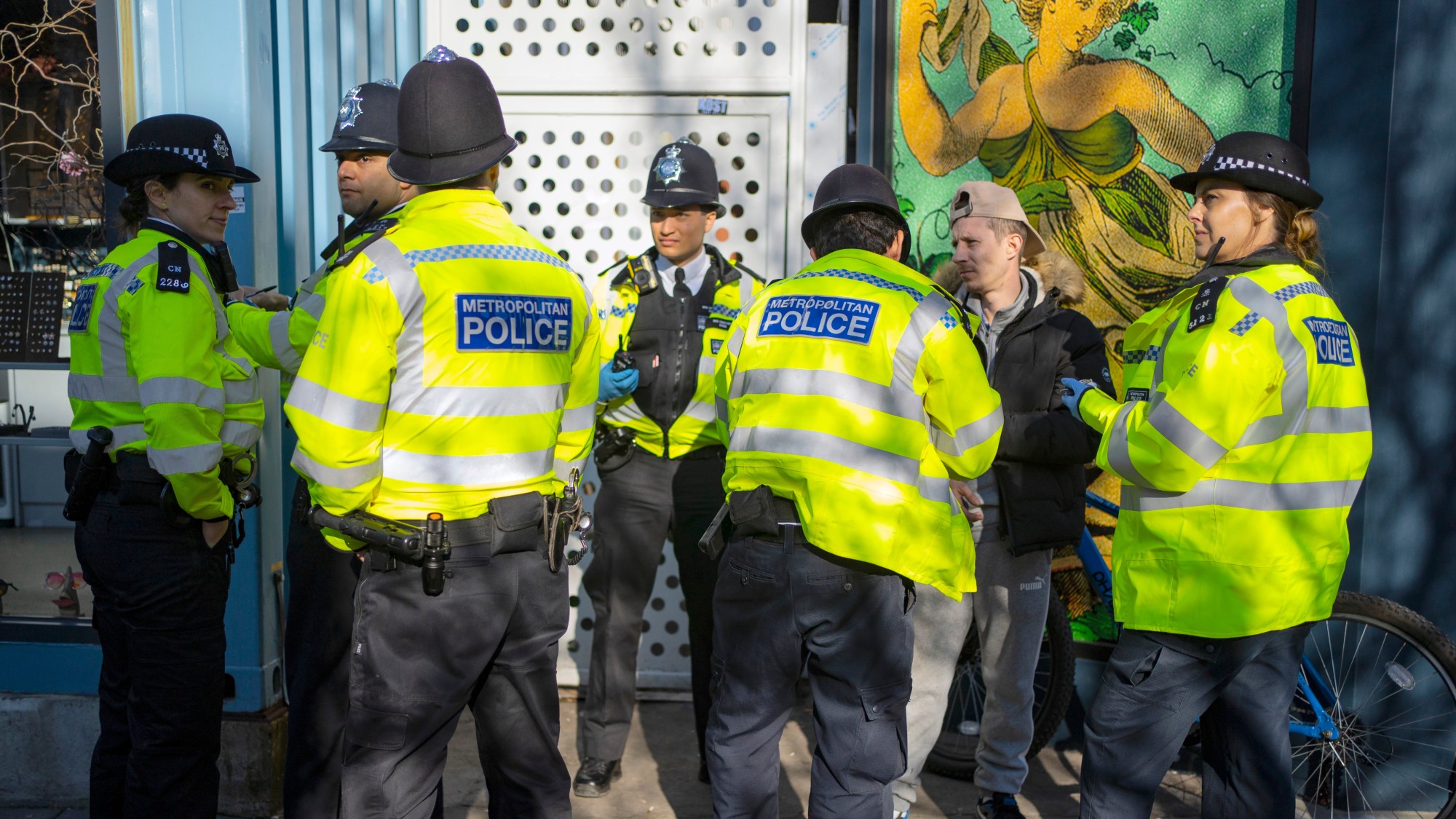 The Met police's stop and search overhaul
The Met police's stop and search overhaulThe Explainer More than 8,500 Londoners have helped put together a new charter for the controversial practice
-
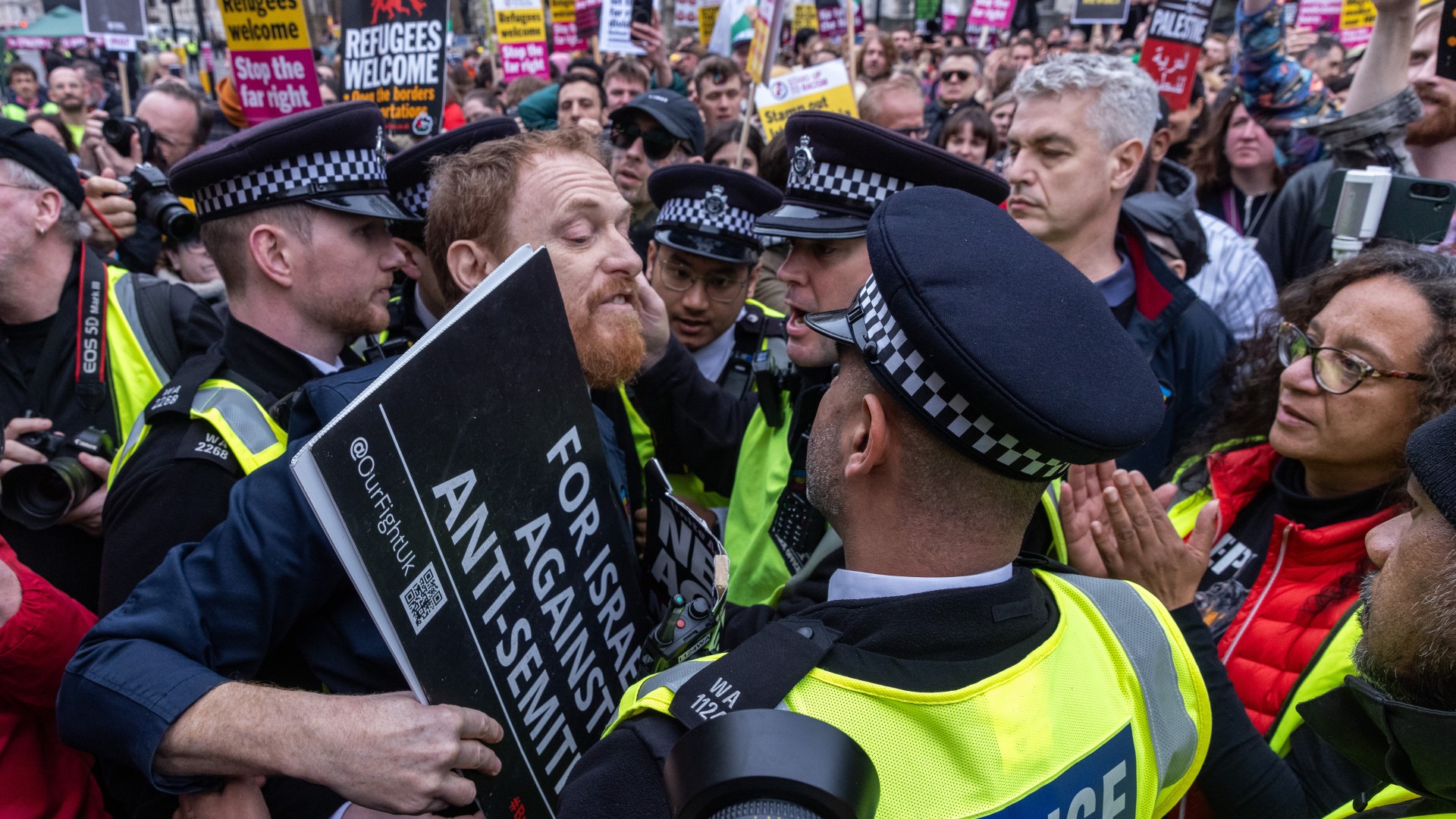 Scotland Yard, Gaza and the politics of policing protests
Scotland Yard, Gaza and the politics of policing protestsTalking Point Met Police accused of 'two-tier policing' by former home secretary as new footage emerges of latest flashpoint
-
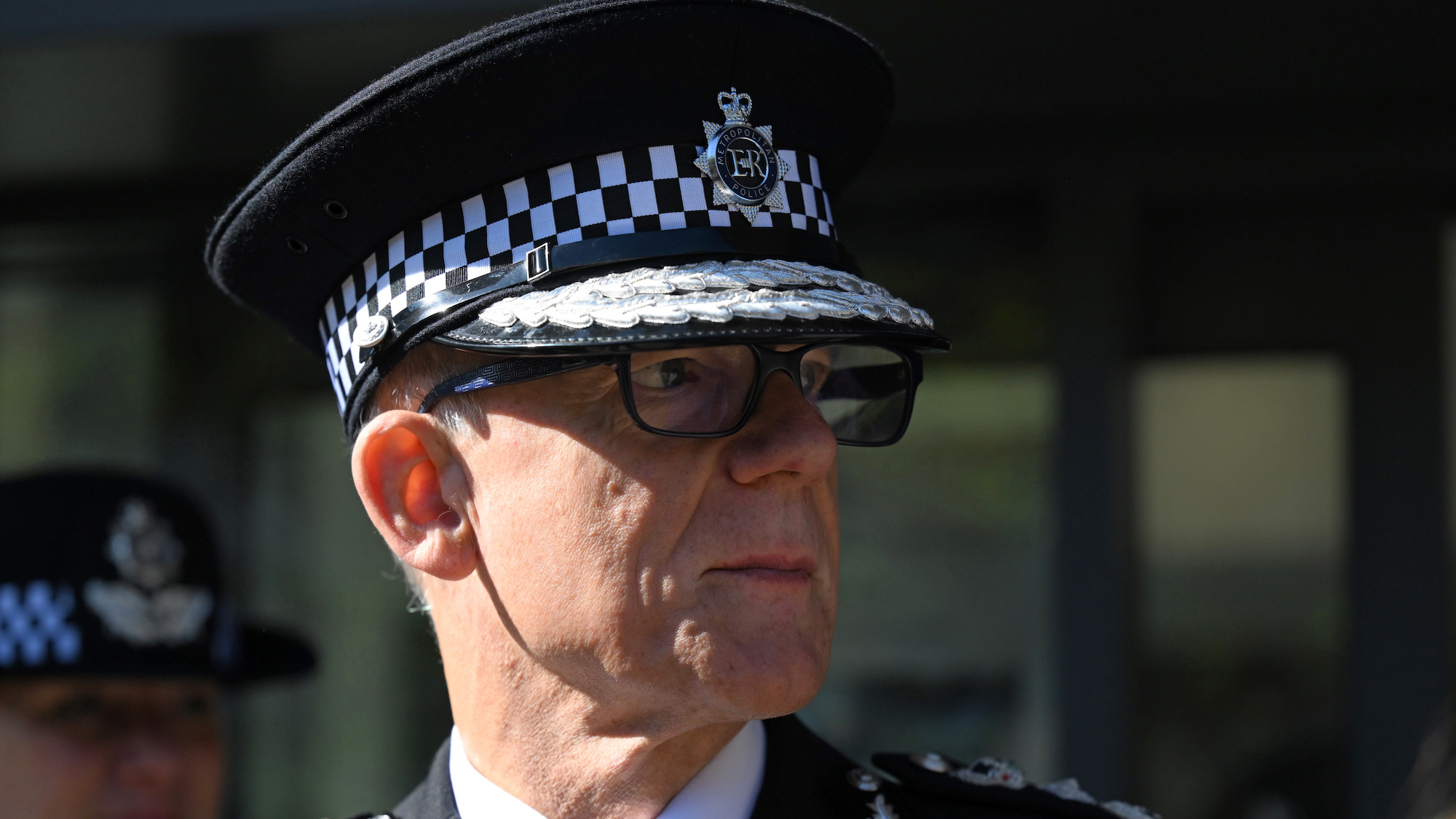 Can the Met Police heal its relationship with the Black community?
Can the Met Police heal its relationship with the Black community?In depth Police chiefs accused of not doing enough to address reported institutional racism
-
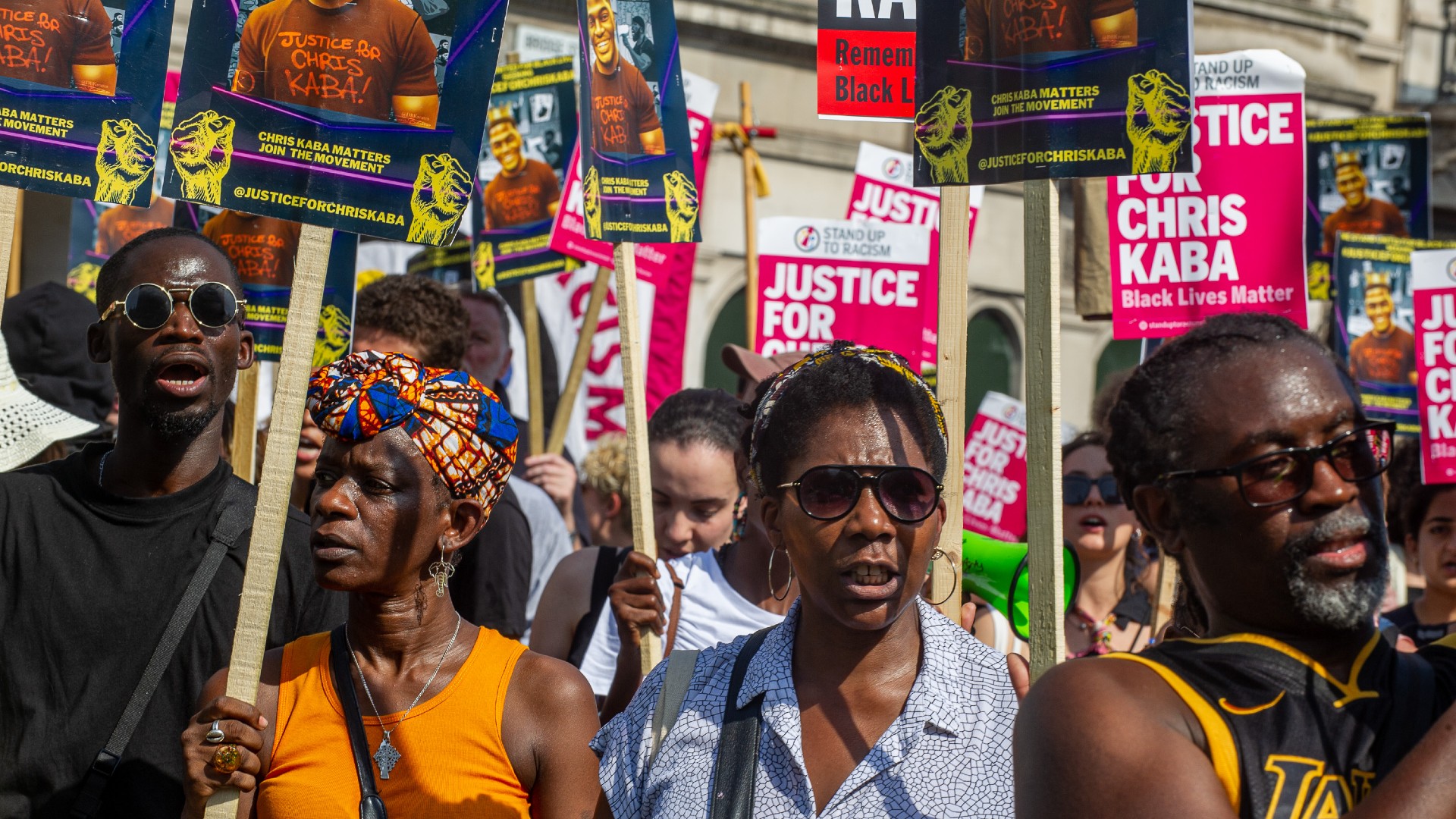 Why police are downing firearms after the Chris Kaba murder charge
Why police are downing firearms after the Chris Kaba murder chargeThe Explainer Army drafted in after scores of armed Met officers 'revolt' over charging of colleague
-
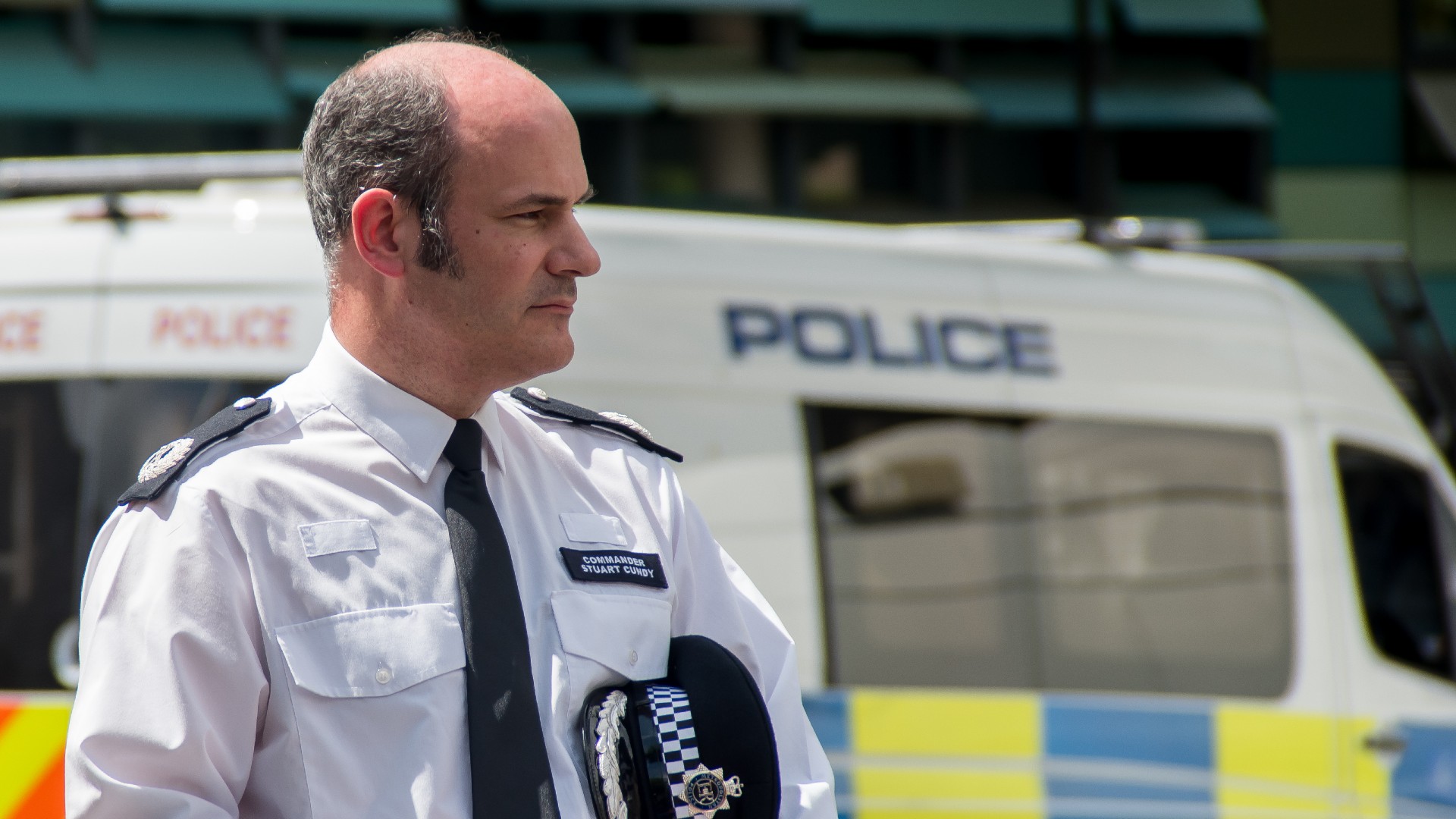 Met Police clean-up: more than 1,000 officers suspended or on restricted duties
Met Police clean-up: more than 1,000 officers suspended or on restricted duties'Eye-watering' figures show scale of challenge to restore public trust